Investigating British ticks for viral threats
Investigating British ticks for viral threats
APHA scientists Ben Jones and Nick Johnson share how their work with UK ticks led to the discovery of a new zoonotic virus, highlighting the critical role of disease surveillance in protecting public health.

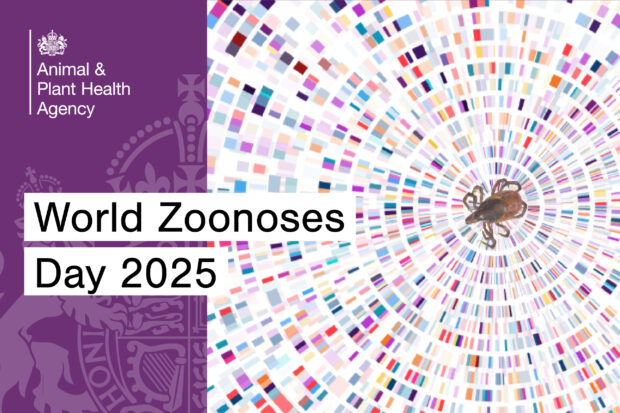
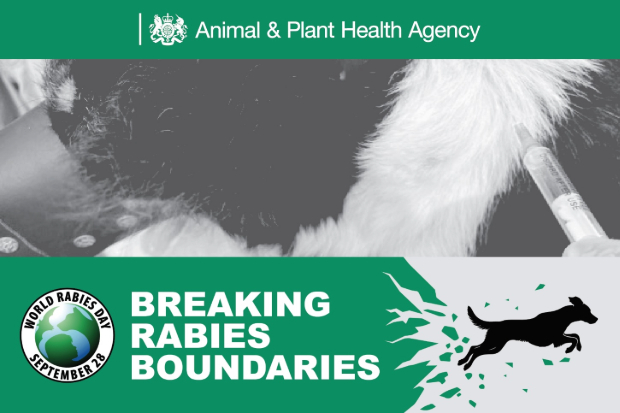
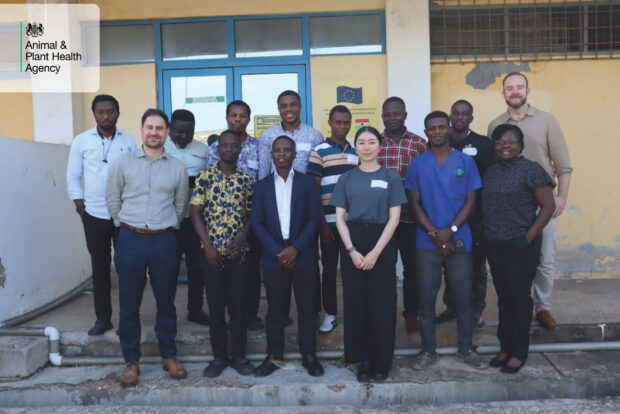

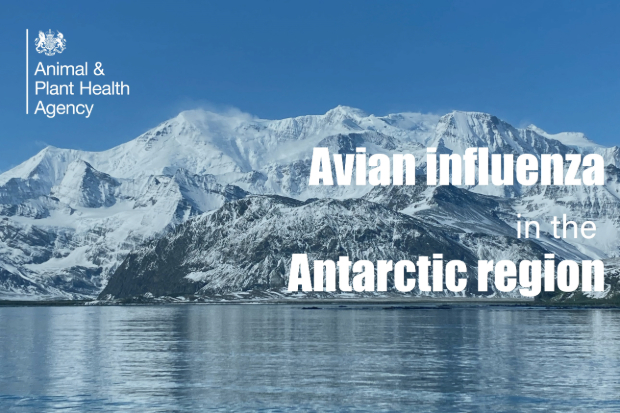
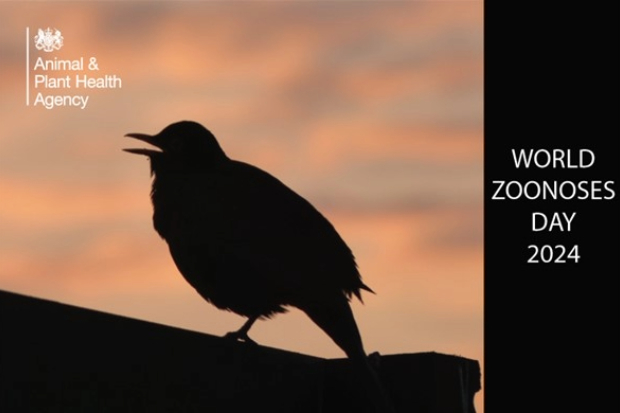


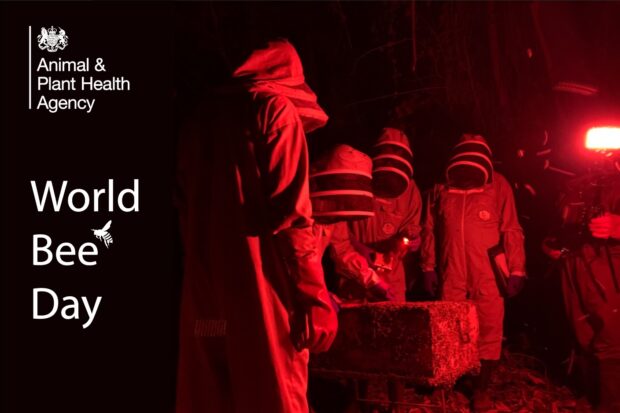

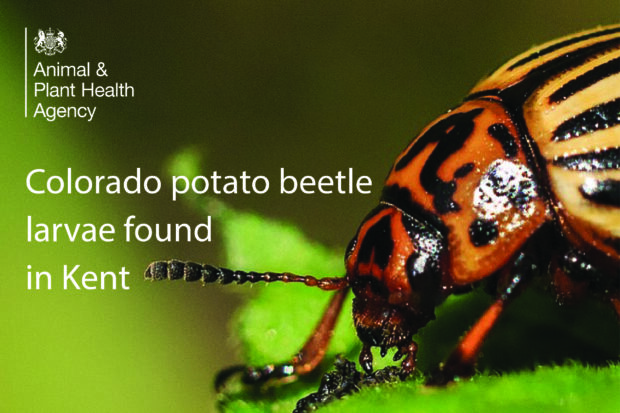
Recent Comments